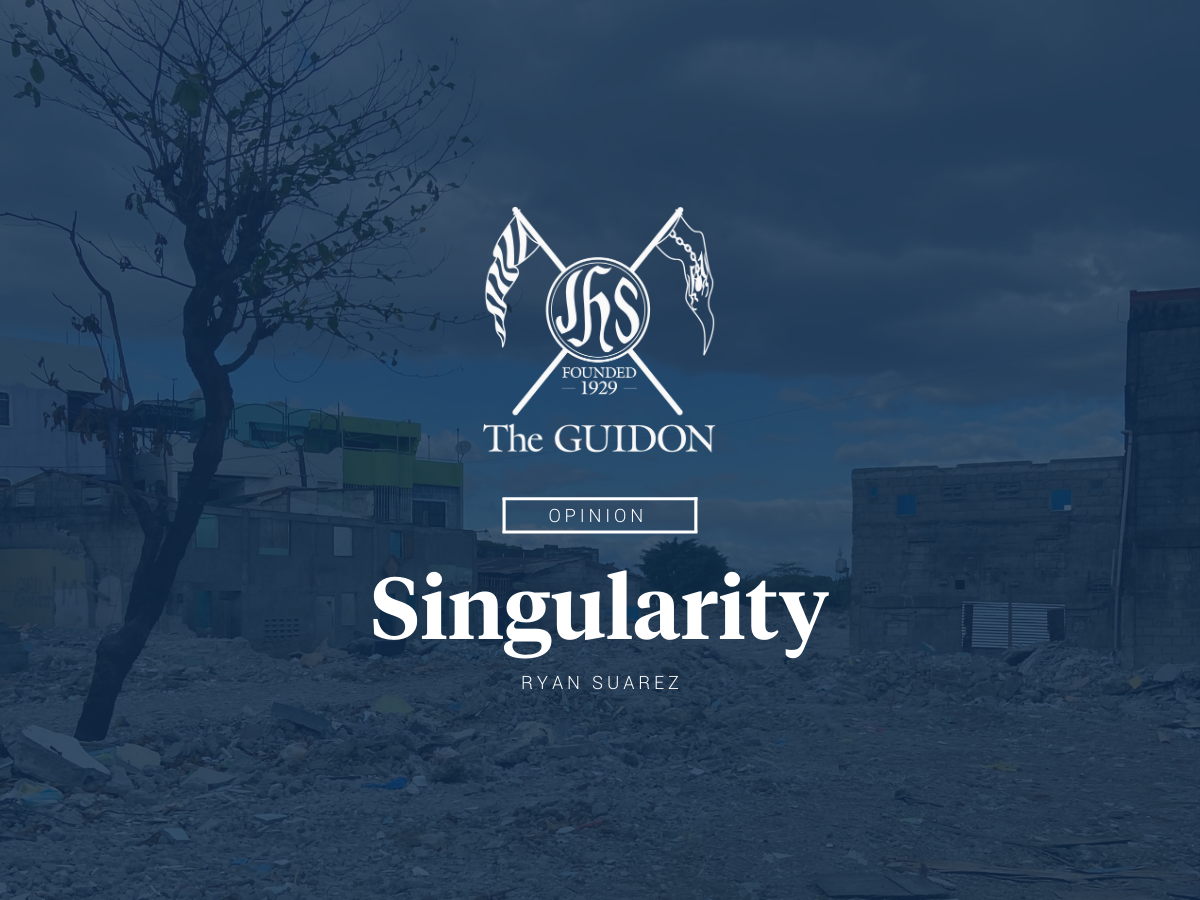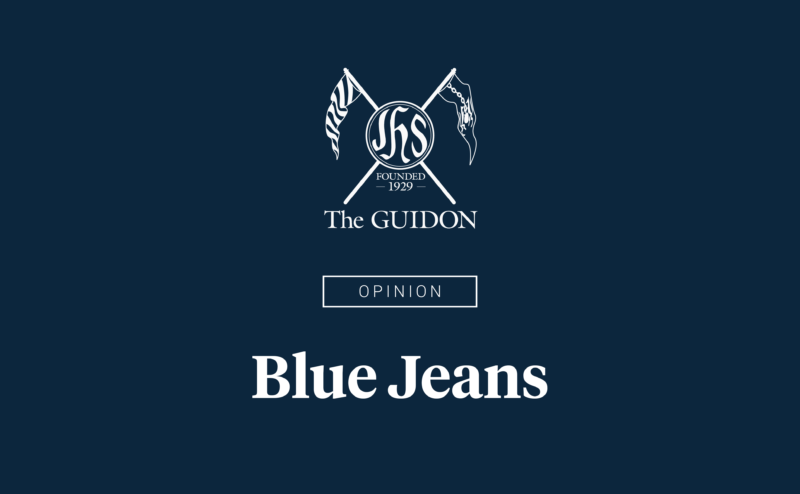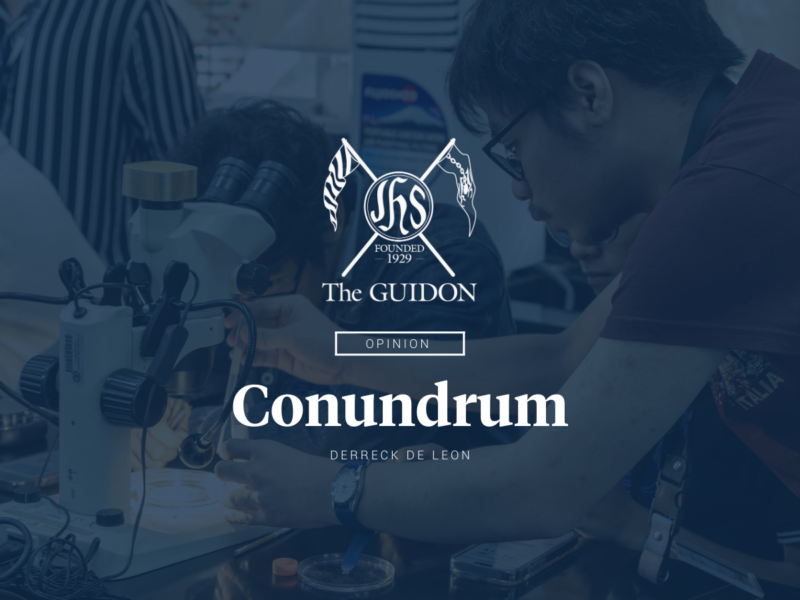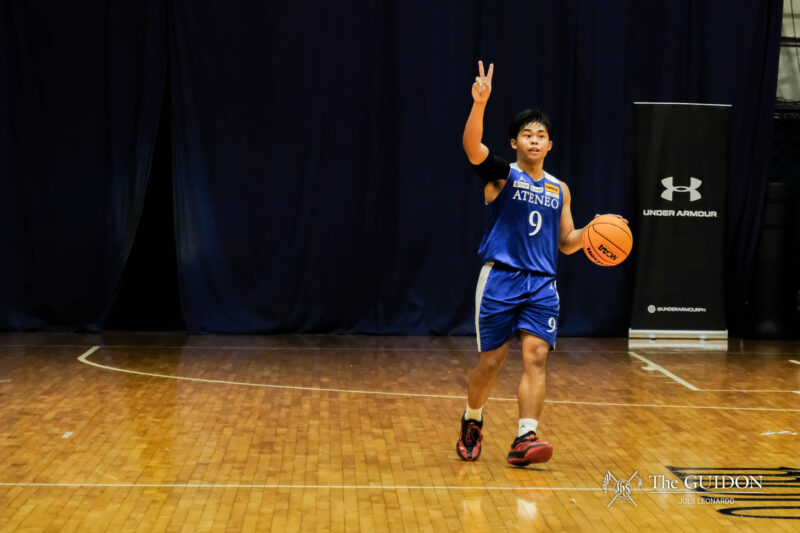“YOUR CONCERN is human rights, mine is human lives,” former president Rodrigo Duterte infamously stated in his 2018 State of the Nation Address.
This polarizing comment served as Duterte’s counter to the human rights defenders protesting against his administration’s brutal anti-drug campaign—which led to the reported deaths of at least 12,000 Filipinos.
The Duterte administration’s institutionalization of the War on Drugs has irreversibly damaged the foundations of human rights protection in the Philippines. Citizens suspected of involvement in the drug trade are inhumanely treated, and dissenters responding to these human rights violations are incessantly red-tagged and silenced.
Despite powerful resistance, the pleas to adopt a more just and restorative approach fell on deaf ears. Far from heeding these calls, the administration doubled down, adopting an even more aggressive stance to ensure the continuity of its drastic anti-drug measures. Former president Duterte’s statements shaped the dominant discourse within the country, propagating violence and repression against human rights defenders.
The government’s proliferation of the need for securitization fueled a tense socio-political atmosphere, as counterterrorism and security measures have been utilized as instruments to foster hostility against civil society actors and human rights defenders. With the institutionalization of the National Task Force to End Local Communist Armed Conflict and the Anti-Terror Act, the former administration deeply inculcated a culture of impunity and violence that ensued for President Ferdinand Marcos Jr.’s term.
This oppression persists both in practice and impact. Since June 2022, Human Rights Watch has recorded 336 alleged drug-related killings. Moreover, at least 248 extrajudicial killings (EJKs) have been recorded against human rights defenders, legal professionals, journalists, and trade unions.
These unprecedented issues pose a challenge to the civic spaces in the Philippines—a country historically known as the most vibrant civil society environment in Asia. The unjustly increasing normalization of red-tagging dissenters has been extremely dangerous to the human rights movement: Advocates face not just the possibility of state repression, but also disinformation and smear campaigns that make communities avoid them. As a collective, we must urgently realize how the consecutive Duterte-Marcos administrations have pushed the movement for human rights protection years back.
One possible intervention to contest the stigma against human rights is to reframe the conversation. As contemporary notions of human rights come from institutionalized impositions and seemingly rigid lists, exhaustive discussions manifest mostly within the confines of legal procedures and international proceedings.
However, human rights are essentially grounded in everyday realities. Rather than top-down impositions, local communities must be given the space to reflect and engage with what such concepts mean to them. Jim Ife, in his book Human Rights from Below: Achieving Rights Through Community Development, stated that everyday realities are a “constant negotiation and renegotiation of shared assumptions about human rights and […] responsibilities.”
As such, various cultures and localities may have different ways of asserting their human rights. For instance, Mercedes Lactao Fabros, Aileen May C. Paguntalan, and Lourdes L. Arches’s study on women’s articulations of reproductive rights found that utterances of human rights may manifest through notions of sana and dapat. These negotiated entitlements embody their life histories and various forms of resistance as they contend with the structures around them.
Aside from determining such assertions, contending with the vilification of human rights follows suit. To battle against the hegemonic narrative of oppression entails collectively crafting a strong counter-narrative that represents the oppositional voice forwarding participatory development, human rights protection, and safeguarded freedoms.
Central to such a goal is realizing the potential of narratives as influential drivers of social change. Considering the establishment of architectured networks of disinformation backed by powerful figures, narrative change is already the artillery in the ever-evolving battlefield for truth and justice.
The fight for positive change begins in the mind—where ignorance, forgetfulness, evasion, and miseducation all take place. The value of storytelling comes in as a movement to leave an impact not just on minds, but also on hearts.
Most importantly, however, this mission can only be done collectively. Ascertaining the participation of varied sectors, especially of those whose realities are marked by oppression and exclusion, ensures that a powerful alternative to the status quo of impunity and violence can be offered. In braving the dark to the dawn of truth and justice, no one shall be left behind.
Ryan is a Development Studies student who is expected to graduate from the Ateneo de Manila University in 2024. Passionate about the power and potential of storytelling, he seeks to communicate narratives reflective of sidelined social realities in hopes of deepening discourse for social change.
Editor’s Note: The views and opinions expressed by the opinion writer do not necessarily state or reflect those of the publication.







